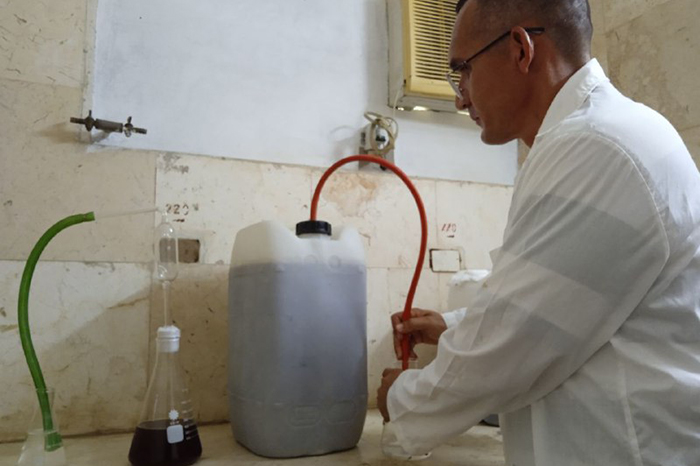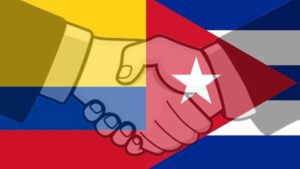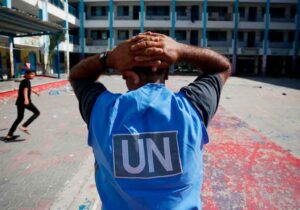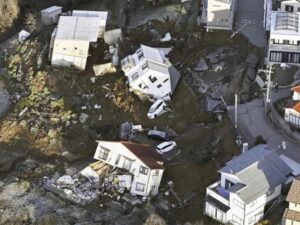Science, technology, and innovation programmes are fostering social and economic development in Ciego de Ávila, with their results contributing to the province being selected as host for the central activities of National Rebellion Day.
Miguel Salazar Rodríguez, Deputy Delegate for Science, Technology, and Innovation at the Territorial Delegation of the Ministry of Science, Technology and Environment (Citma), emphasised that scientific activity serves economic and social progress.
The purpose and challenge is to maintain science as a pillar of development, directing it towards achieving transformations and solutions to problems across various sectors, while also supporting the expansion of product and service portfolios for different organisations.
He highlighted that every municipality has an innovation plan, incorporating entities and budgeted units, aimed at applying knowledge to resolve difficulties. This approach invigorates management and contributes to improved economic indicators.
Though results fall short of desired levels, achievements are evident across most sectors, with strengthened innovation management structures making tangible contributions to development.
Ciego de Ávila currently implements six scientific-technological programmes addressing requirements of the National Food Sovereignty and Nutritional Security Programme. These seek to increase food production through science and knowledge.
Other initiatives focus on transforming the energy matrix to achieve greater efficiency and stability in electricity generation amid nationally complex conditions. Consequently, renewable energy sources are promoted to reduce fossil fuel dependency and lower polluting emissions into the natural environment.
Salazar Rodríguez indicated a third programme targets environmental conservation, protection against threats, and promoting compliance with actions under the Cuban State Plan for Confronting Climate Change. Jardines del Rey is a priority attention area within this plan.
In the northern Avilanian cay area – recognised as Cuba’s second sun-and-beach destination – scientific-technical work focuses on rehabilitating ecosystems affected by climate adversities and environmental modifications to develop sustainable tourism.
Support from Citma’s Environmental Agency research centres, providing scientific-technical services (environmental diagnostics, facility/beach/water quality monitoring, coastal dune rehabilitation), confirms the application of scientific knowledge for sustainable tourism.
Positive impacts are also recorded in Public Health, particularly the Maternal-Child Programme. By late 2024, a national award from the Cuban Academy of Sciences – ranked among Cuba’s top 10 results – was received for the research’s social contribution.
A fourth programme, channelling social and humanistic sciences, keeps people central to activities and interlinks with other priority programmes. These connect to community development, value/historical root preservation, and addressing sociodemographic dynamics (characterised by high population ageing, low birth rates, and rising migration).
Salazar Rodríguez noted a sixth scientific-technological programme encompasses innovation development in tourism to achieve higher quality standards and diversify offerings across hotels, non-hotel facilities, and support services for this priority economic sector.
The province directs efforts towards strengthening a science-and-innovation-based government management system. This fosters solutions to territory-specific development problems affecting population quality of life.
To this end, expert groups and municipal technical advisory councils are bolstered. These structures support local governments by evaluating issues and proposing science-based innovative solutions.
Another key task involves ongoing refinement of territorial development strategies. These express processes for organising, planning, and controlling local progress towards a more prosperous, sustainable future where political, economic, social, and environmental interests are better harmonised.




